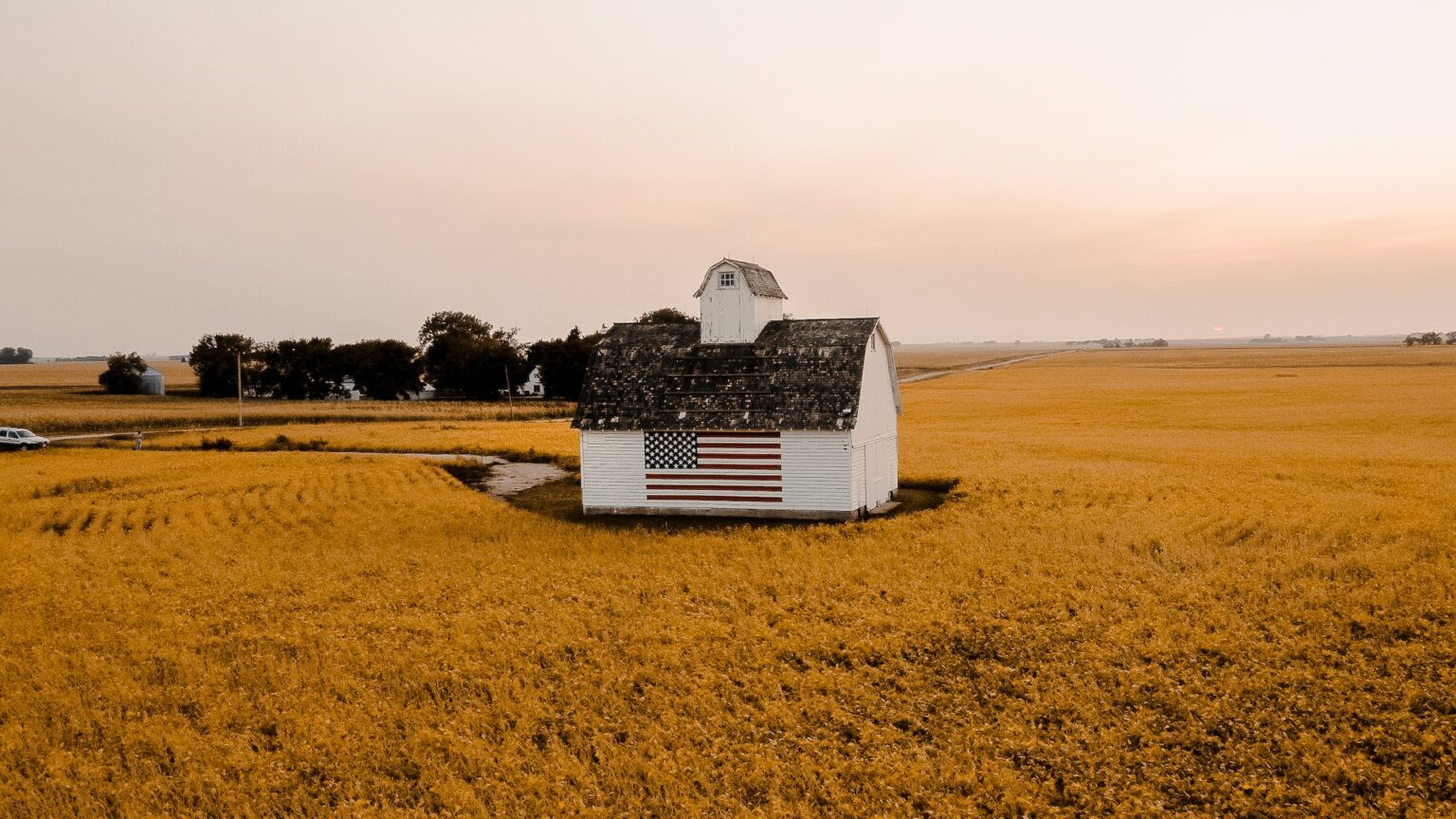Here’s what voters need to know…
With the first Republican nominating contest yet to be determined, the 2024 presidential race is already in full swing. The Democratic National Committee’s efforts to restructure its early-state lineup have left the Republican contest in a state of uncertainty.
The upcoming primaries and caucuses are expected to commence several weeks earlier than in the previous two elections, potentially as early as January. The sequence and duration of the four crucial early nominating states—Iowa, New Hampshire, South Carolina, and Nevada—carry significant implications. If the voting process starts sooner, it could extend the period of candidate elimination.
The impact of an extended timeframe between contests remains unclear. However, the outcome of the 2020 South Carolina primary serves as a notable example. Joe Biden’s victory in that contest led several of his major rivals to swiftly exit the race and endorse him ahead of the Super Tuesday primaries, which occurred just three days later on March 3.
In the 2024 GOP calendar, Super Tuesday could be scheduled up to four weeks after the South Carolina primary. This potential shift could provide struggling candidates with a renewed opportunity to revive their campaigns after underperforming in the early states.
Of particular interest is Iowa, which held its caucuses on February 3 in the 2020 election cycle, a month before Super Tuesday. In the upcoming election, the Iowa caucuses could potentially take place as early as January 8, though the following week seems more likely. Meanwhile, Super Tuesday would be pushed back to March 5.
The uncertainty surrounding the early states primarily revolves around New Hampshire, South Carolina, and Nevada. Democrats aim to give South Carolina’s primary precedence by scheduling it as the first contest in early February. However, New Hampshire’s state law mandates that its primary must take place before any other state’s, which could potentially result in the first-in-the-nation primary occurring in January.
The Democrats’ adjustments to their early-state lineup have consequently put pressure on the Republican process, particularly on Iowa and New Hampshire. While the Republican National Committee has stated that Iowa’s caucuses will still precede New Hampshire’s primary, Republicans are considering conducting their own party-run caucuses despite the state’s newly established early February primary.
At this juncture, the precise schedule for the early states in the 2024 election remains undetermined. The ongoing negotiations and shifting dynamics among the political parties make it challenging to ascertain the exact timeline and impact of each contest. As the candidates gear up for the upcoming election, the scheduling puzzle adds an additional layer of complexity to an already highly anticipated race.
